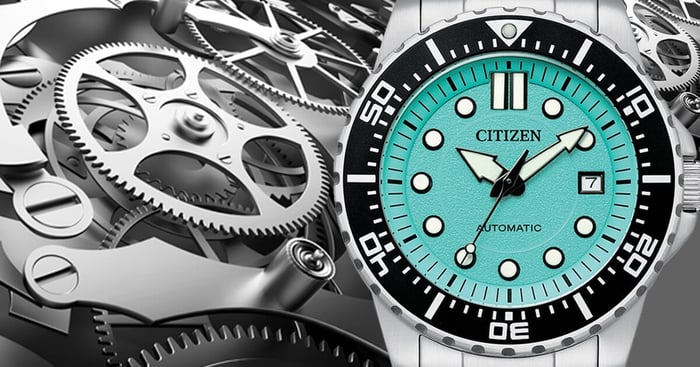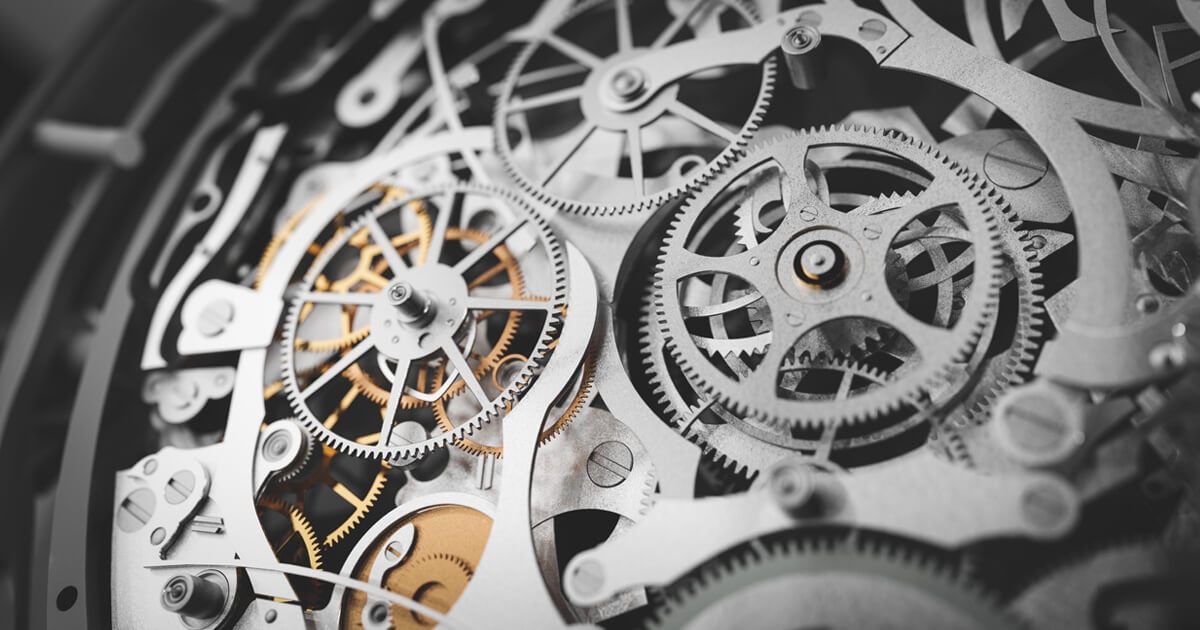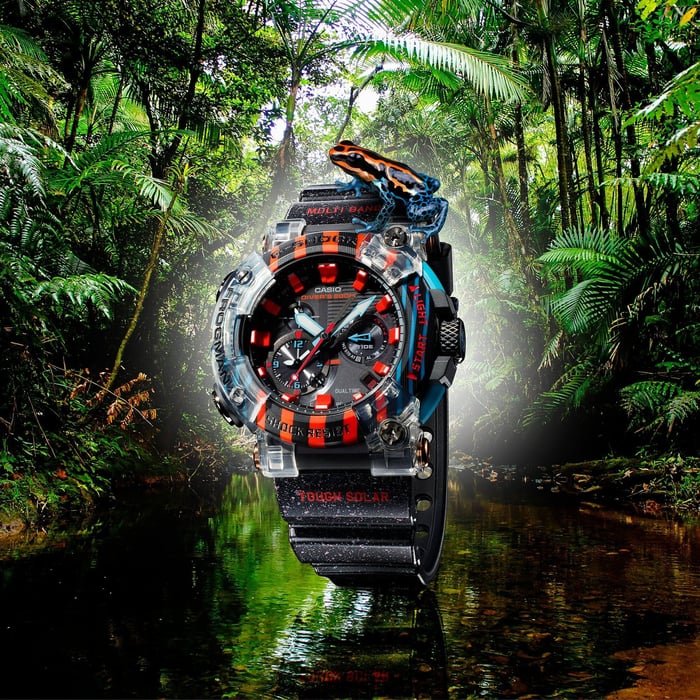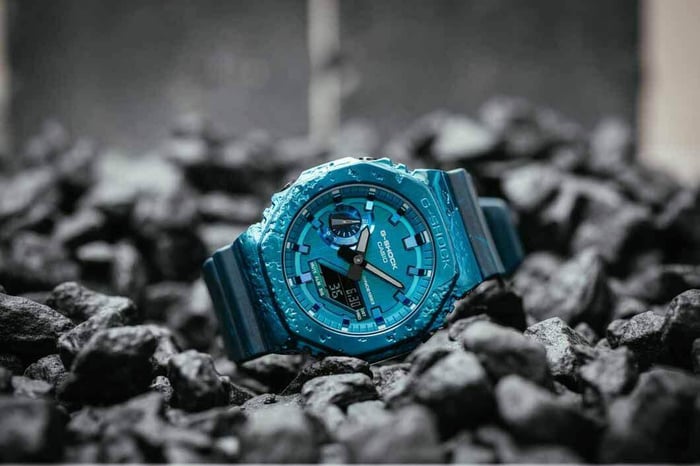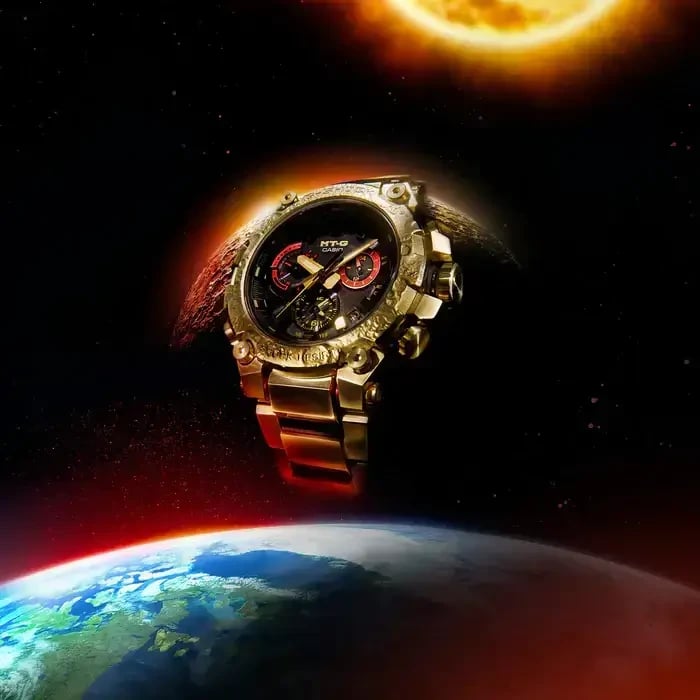Automatic and mechanical watches are both traditional mechanical watches that rely on mechanical parts to measure time instead of electronic components like quartz watches. Both mechanical and automatic watches use a complex series of gears, springs, and other mechanisms to maintain time. The main difference between these two types of watch movements is the way they are powered.
In this guide, we analyse the differences between Automatic vs Mechanical Watches and determine how both watch movements measure up against aesthetics, time precision, function, and durability. Learn & Shop
Overview:
- Mechanical Watches
- Automatic Watches
- Mechanical Watches | Manual vs Automatic
- Craftsmanship & Tradition
- Movement & Power
- Function & Accuracy
- Comparing Watch Movements
Before we discuss Automatic vs Mechanical watches, let us first determine how both versions of the mechanical watch operate. Let us start by acknowledging that both versions of the mechanical watch have been around for centuries and have a rich history and tradition that many people find appealing. They are often associated with luxury and prestige and wearing a mechanical watch of either variety; automatic or manual operation can be seen as a symbol of sophistication and elegance.
Mechanical Watches
Mechanical watches are manual-winding watches powered by a wound mainspring that stores energy as it's manually wound by the wearer. Unlike electric or quartz structures that rely on batteries to function, mechanical watches use a mechanical apparatus to keep time. The first mechanical watches were invented in the 14th century, powered by a spring-driven mechanism.
Today, mechanical watches use a balance wheel and hairspring to regulate the movement of their gears which control their timekeeping function. The accuracy of mechanical watches can vary depending on the quality of their movement and the skill of the watchmaker who assembled them.
Mechanical watches are very sought-after timepieces, particularly for avid collectors that appreciate the intricate designs and craftsmanship of traditional timepieces. While mechanical watches might lack the advancements of the digital technologies that are present in the wristwatches of the 21st century, their popularity is much more driven by sentimental value rather than performance values, and in this way, mechanical watches are revered by people that collect them as a hobby or investment.
Although most mechanical manual-winding watches are quite simple in their functions, some have additional features such as a chronograph (stopwatch) function or a perpetual calendar.
Mechanical watches require regular maintenance and cleaning, most watchmakers recommend servicing a mechanical watch every 3-5 years for optimum functionality. Well-maintained mechanical manual winding watches can last for generations.
Automatic Watches
Automatic watches, also known as self-winding watches, use the natural motion of the wearer's wrist to wind its mainspring and keep it running. The first automatic watch was invented by Abraham-Louis Perrelet in 1770, but it wasn't until the early 20th century that automatic movements in watches became widely popular.
Automatic watches have a rotor, which is a metal weight that swings back and forth as the wearer moves their wrist. This motion transfers energy to the mainspring, which powers the watch. Many high-end luxury watches brands such as Rolex, Longines, Tag Heuer, and Emporio Armani specialise in automatic watches, but you can also find a range of quality automatic watches at competitive prices from renowned watch brands like Seiko and Citizen.
Automatic watches are typically more expensive than quartz watches which are powered by a battery, but many people prefer the traditional mechanical feel of an automatic watch and the prestige that goes with it.
The accuracy of automatic watches can be affected by factors such as temperature, magnetism, and the position of the watch so it's important to keep them away from strong magnetic fields and to store them in a stable, cool environment.
Automatic watches require servicing typically every 3-5 years to ensure that they continue to function properly and maintain accuracy. If Automatic watches are well maintained, they can last for generations.
Get The Look | Automatic Watches
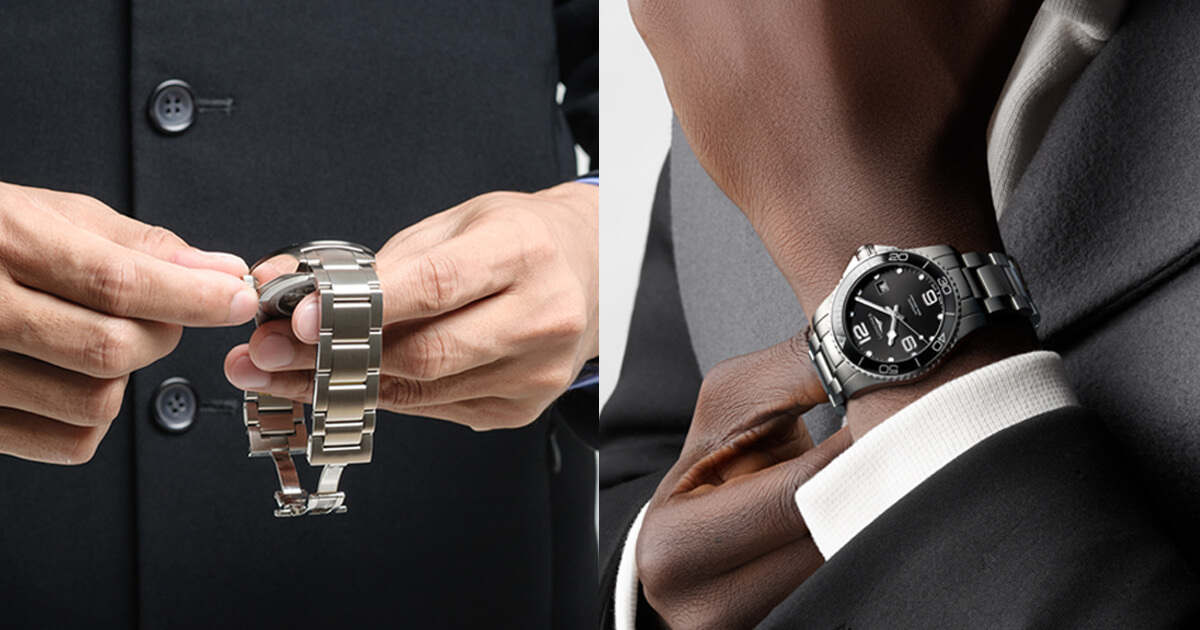
Mechanical Watches | Manual vs Automatic
Both manual and automatic mechanical watches are known for their traditional, sophisticated styles and durability.
Choosing between a manual or automatic mechanical watch will come down to personal preference and knowing what you value. Automatic watches are often more convenient for those who don't want to manually wind their watches, while manual mechanical watches may appeal to those who appreciate the traditions and craftsmanship associated with manually wound watches.
Automatic watches tend to be more common in modern watch designs and they certainly dominate the marketplace for mechanical watch varieties. Manual mechanical watches on the other hand have much more vintage or classic influences associated with them, and they only have a small market share with only a few high-end brands producing them.
Ultimately, the choice between an automatic and a manual wound mechanical watch will depend on individual style, aesthetics, and preference more so than function, as both watch movements operate with similar accuracy. If we had to choose though, we would recommend an automatic mechanical watch over a manual winding one because of the convenience it provides.

Craftsmanship & Tradition
Both automatic and mechanical watches are crafted with intricate mechanisms that require precision and expertise to create. This craftsmanship is appreciated by many watch enthusiasts who appreciate the artistry and skill that goes into creating a mechanical watch movement.
well-maintained automatic and mechanical watches can last for decades, even centuries, making both watch types a valuable inheritance or investment.
A look through history will tell us that the mechanical watch is the prototype of all watches. The first watch movement ever created was the verge escapement, a mechanical watch that used a toothed wheel called a verge and a spring-loaded lever called a foliot to regulate the movement of the watch. In its time, the verge escapement was a breakthrough in horology and although it was not particularly accurate and required frequent adjustment, this mechanical watch was as a masterpiece.
Over time, other types of watch movements were developed, each one building upon and improving upon the design of the previous ones. The automatic watch was an adaption of the mechanical watch.
Timex TW2V24700 Waterbury Dive Automatic
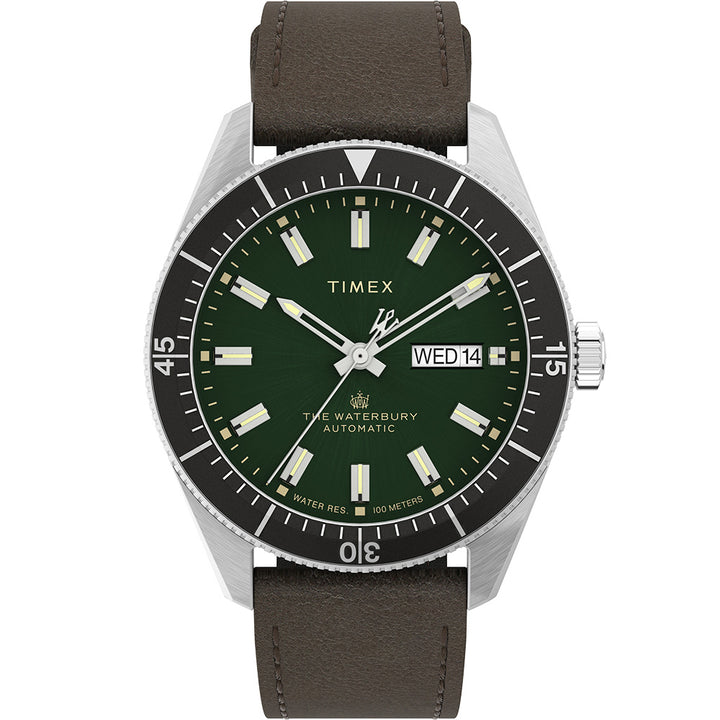
$499.95
Traditional and stylish, this Timex TW2V24700 Waterbury Dive Automatic is a must-have in any watch collection. The leather band has a dark brown tone that is classy and exudes luxury. The oversized watch case is bold and a true statement… read more

Movement & Power
Both Automatic and manual winding mechanical watches do not require batteries, which means they will keep running as long as they are regularly worn or wound. This eliminates the need to replace batteries and reduces waste.
Automatic watches have a power reserve of around 24-48 hours but can be kept running indefinitely as long as they are worn regularly, and the rotor is able to wind the mainspring. Some automatic watches have a manual winding function as well which allows the wearer to wind the mainspring manually if the watch hasn't been worn for a period.
Mechanical watches on the other hand typically have a power reserve of around 36-48 hours meaning that they can run for that length of time without needing to be wound again.

Function & Accuracy
The accuracy of a watches movement depends on several factors that include the quality of the movement, the frequency of use, and the watch's maintenance. Both automatic and mechanical movements can be highly accurate, but automatic movements have an advantage in terms of accuracy in some cases.
Automatic movements, also known as self-winding movements, are designed to use the natural motion of the wearer's wrist to wind the watch and keep it running. This constant winding can help maintain a more consistent level of accuracy over time if the watch is worn regularly.
Mechanical movements require manual winding and can be more susceptible to variations in accuracy if not wound consistently. However, high-quality mechanical movements can still be highly accurate, especially if they are properly regulated and maintained.
The function of a mechanical watch; automatic and manual is dependent on the features and complications it presents. Complications are additional functions beyond basic timekeeping, such as a date display, moon phase indicator, or chronograph. The more complications a mechanical watch has, the more functions it can perform but this can also cause the timepiece to become more difficult to operate regardless of its movement type.
Automatic and mechanical watches are not as accurate as quartz watches, but they are still highly accurate and are often preferred by watch enthusiasts who appreciate the slight variations in timekeeping that are inherent in mechanical watches.

Comparing Watch Movements
There are 3 main types of watch movements that function quite differently: mechanical (manual winding) watch movements, automatic (self-winding) watch movements, and quartz watch movements. All 3 watch types have different mechanisms for keeping time and as a result, their lifespans can vary.
Quartz watches typically use a battery or solar source to power a quartz crystal oscillator that regulates the timekeeping mechanism in the watch. These watches are generally very reliable and accurate, and they can last for many years with proper care and maintenance.
The lifespan of a quartz watch will depend on various factors including the quality of the watch, how often it’s worn, and how well it’s maintained. Generally, a well-maintained quartz watch can last for 10-20 years before needing major repairs or a battery replacement. Quartz watches are considered the most preferred watches for affordability and everyday wear.
Automatic and mechanical watches on the other hand rely on mechanical movements for their operation. Due to their reliance on more complex structures and moving parts, automatic and mechanical watches require more maintenance and care than quartz watches during their lifespan. With proper maintenance and care these types of watches can last for decades or even generations making mechanical watches (automatic and manual) long-term investments and inheritances.

Overall, the popularity of automatic or manual mechanical watches can be attributed to their craftsmanship, longevity, tradition, self-sustainability, and accuracy.
In comparing automatic and manual mechanical watches the choice to purchase one over the other comes down to individual preference, lifestyle, and values. Both watch movements measure up in accuracy and function the only major difference becomes a question of purpose.

